
Addiction recovery is a transformative journey that requires a comprehensive approach encompassing physical, mental, and emotional well-being. Engaging in regular exercise and adopting a fitness routine can offer numerous benefits to individuals in recovery, aiding their healing process and supporting long-term sobriety.
The path to recovery is challenging, as it demands a profound shift in lifestyle, coping mechanisms, and personal identity. Physical fitness plays a vital role in this process by not only improving physical health but also enhancing mental well-being and self-esteem. It serves as an effective tool to counteract the negative effects of addiction while providing individuals with a positive outlet for their energy and emotions.
In this article, we will explore various fitness tips specifically tailored to those in addiction recovery. Whether you are in the early stages of recovery or have been on this path for some time, integrating physical activity into your daily routine can be a powerful asset in maintaining a sober and fulfilling life.
Fitness Tips for Those in Addiction Recovery
Start slow and gradually increase intensity
Embarking on a fitness journey in addiction recovery requires a cautious and gradual approach. It’s crucial to prioritize your physical well-being and consult with healthcare professionals before beginning any exercise regimen. Starting slow allows your body to adapt to the demands of physical activity and reduces the risk of injury or burnout. Set realistic goals and expectations, understanding that progress takes time and consistency.
Choose activities that align with personal interests
Engaging in physical activities that align with your personal interests is essential for long-term adherence and enjoyment. Explore various exercise options and find activities that resonate with you. Whether it’s hiking, dancing, swimming, yoga, or team sports, finding activities that you genuinely enjoy increases the likelihood of incorporating them into your routine and sticking with them over time.
Embrace Outdoor Activities
Incorporating outdoor activities into your exercise routine can offer unique benefits for addiction recovery. Spending time in nature has been shown to reduce stress, improve mood, and enhance overall well-being. Take advantage of the healing power of the outdoors by engaging in activities such as hiking, biking, swimming, or simply taking walks in natural settings.
Being in nature can provide a sense of serenity, connection, and perspective. It allows you to disconnect from the stresses of daily life and immerse yourself in the beauty and tranquility of the natural world. The fresh air, sunlight, and changing scenery can invigorate your senses and stimulate a greater sense of vitality.
Establish a consistent exercise routine
Consistency is key when it comes to reaping the benefits of exercise in addiction recovery. Set a schedule that works for you and stick to it. Consistency helps create healthy habits, builds discipline, and provides a sense of structure. Identify potential barriers that may hinder your exercise routine, such as time constraints or lack of motivation, and find practical solutions to overcome them.
Incorporate both cardiovascular and strength training exercises
To maximize the benefits of fitness in addiction recovery, it’s important to incorporate a balanced combination of cardiovascular and strength training exercises. Cardiovascular exercises, such as brisk walking, jogging, or cycling, improve heart health, increase stamina, and release endorphins, which contribute to improved mood and mental well-being. Strength training exercises, such as weightlifting or bodyweight exercises, help build muscle strength, boost metabolism, and enhance overall physical performance.
Join a supportive community or group
Recovery from addiction is strengthened by a supportive community. Consider joining a fitness group, exercise class, or support group specifically designed for individuals in recovery. Engaging with like-minded individuals who share similar goals can provide a sense of camaraderie, accountability, and encouragement. These communities offer a safe and understanding space where you can share experiences, challenges, and triumphs while fostering social connections.
Practice Mindful Movement
Incorporating mindfulness into your exercise routine can greatly enhance its benefits for addiction recovery. Mindful movement involves being fully present and aware of your body, breath, and sensations while exercising. Instead of using exercise as a distraction or a means to escape, approach it as an opportunity for self-reflection, self-care, and personal growth.
Engage in exercises that promote mindfulness, such as yoga, tai chi, or walking meditations. Pay attention to your breath, the sensations in your body, and the environment around you. Allow yourself to fully experience the present moment without judgment or attachment to outcomes. This mindful approach to movement can deepen your mind-body connection, reduce stress, and foster a greater sense of inner calm and balance.
Focus on holistic well-being
In addiction recovery, it’s vital to prioritize holistic well-being, which encompasses not only physical fitness but also nutrition, hydration, rest, and recovery. Nourish your body with a balanced diet, staying hydrated throughout the day. Prioritize quality sleep to promote overall well-being and aid in the recovery process. Remember that taking care of your body as a whole contributes to your overall success in recovery.
Overcoming Challenges and Avoiding Relapse
Identifying potential triggers and developing coping strategies
When incorporating exercise into addiction recovery, it’s important to identify potential triggers specific to physical activity. For example, pushing yourself too hard or feeling overwhelmed with fitness goals can become triggering factors. Recognize these triggers and develop coping strategies to manage them effectively. This may involve setting realistic expectations, practicing self-compassion, and adjusting your exercise routine as needed.
Seeking professional guidance and support
While engaging in physical fitness can be immensely beneficial, it is essential to seek professional guidance and support in your addiction recovery journey. Work with substance abuse recovery counselors, therapists, or healthcare professionals who specialize in addiction treatment. They can provide valuable insights, guidance, and personalized strategies to help you integrate fitness into your recovery and address any challenges or obstacles that may arise.
Celebrating milestones and progress
Tracking your progress in exercise can be a powerful motivator and reminder of your achievements. Set specific fitness goals and milestones to work towards, such as completing a certain number of workouts per week or improving strength and endurance over time. Celebrate these milestones as a way to acknowledge your dedication and perseverance. Reward yourself with non-substance-related treats, such as a massage, new workout gear, or a fun outdoor activity, to reinforce your progress and commitment to recovery.
By addressing exercise-related challenges, seeking professional guidance, and celebrating milestones, you can navigate the potential obstacles in integrating fitness into your addiction recovery journey. Remember that exercise is a tool to support your overall well-being and sobriety, and it should be approached with mindfulness, self-care, and a focus on personal growth.
Jennifer Bell is a wellness coach, mother of two, and writer for addiction treatment clinics in the Philadelphia area.









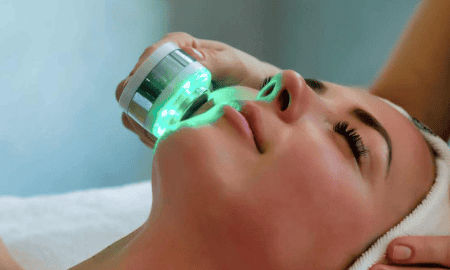
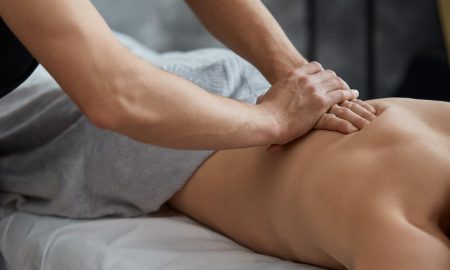
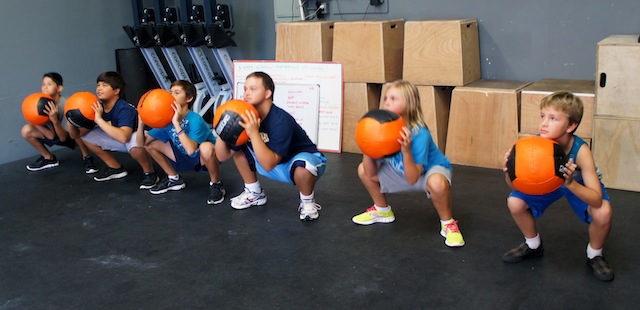
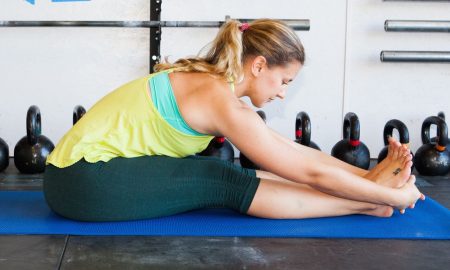
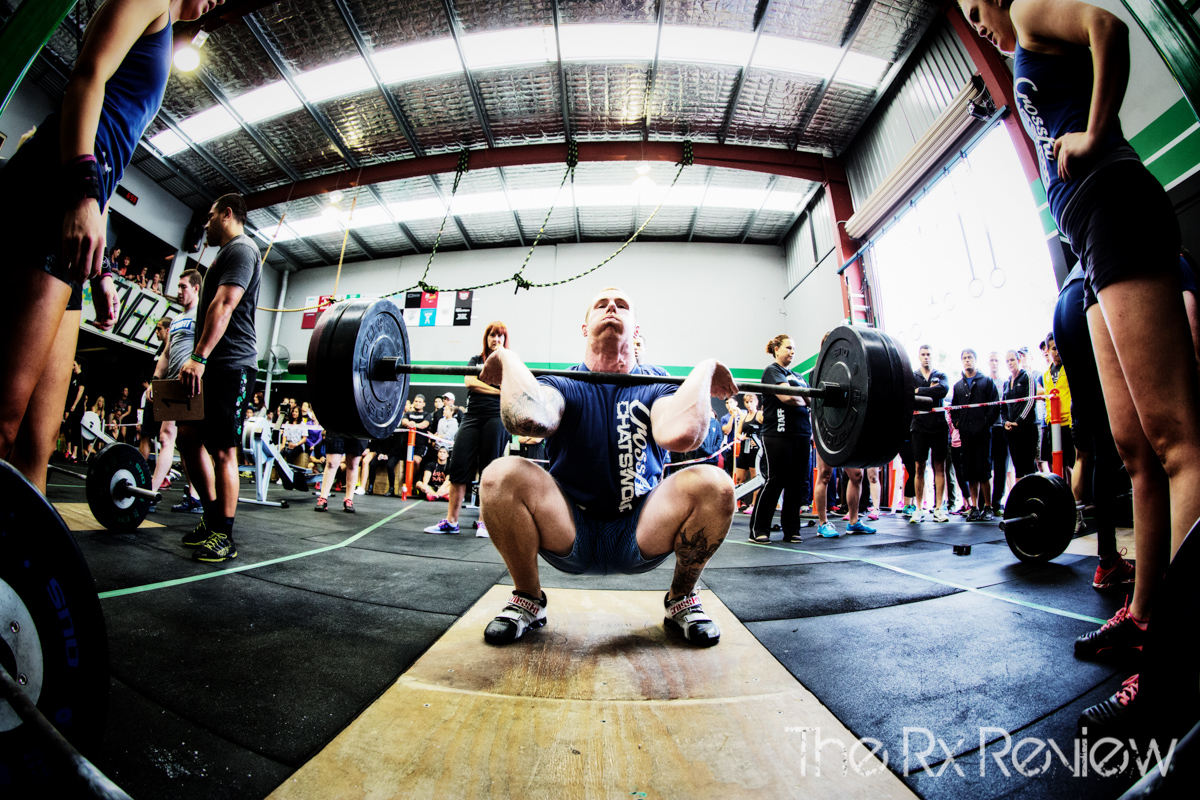



Follow Us